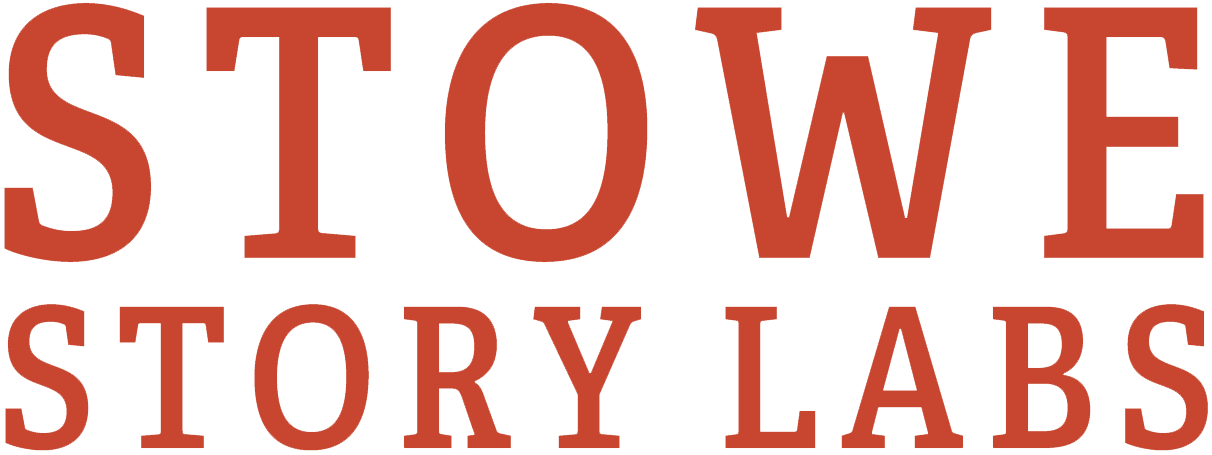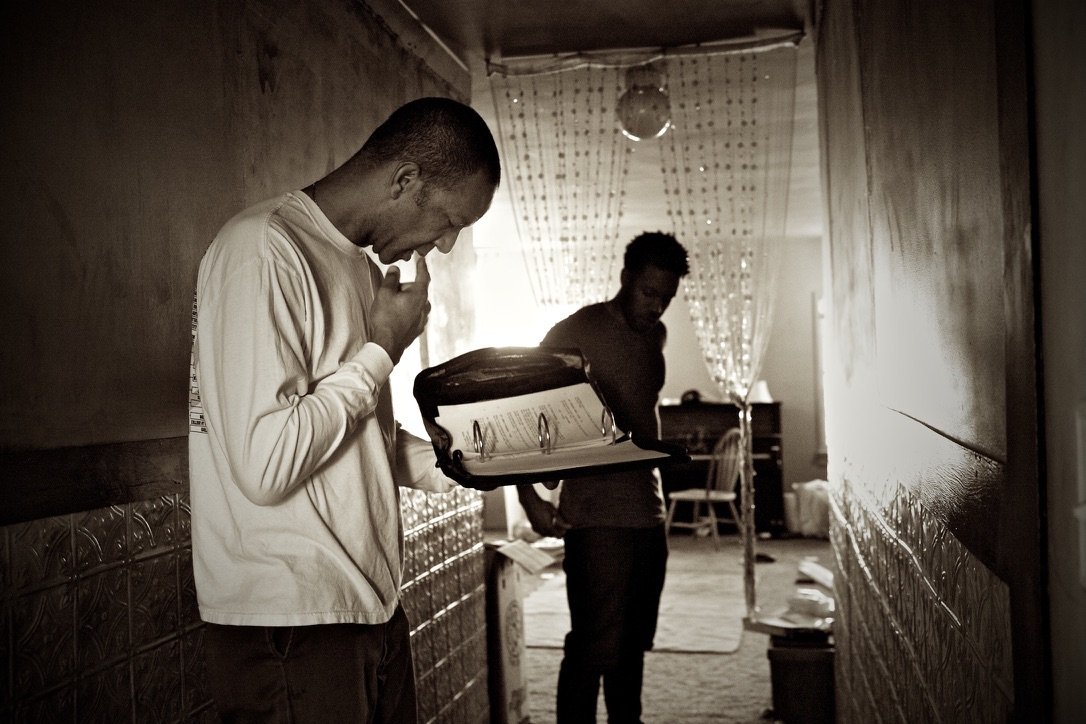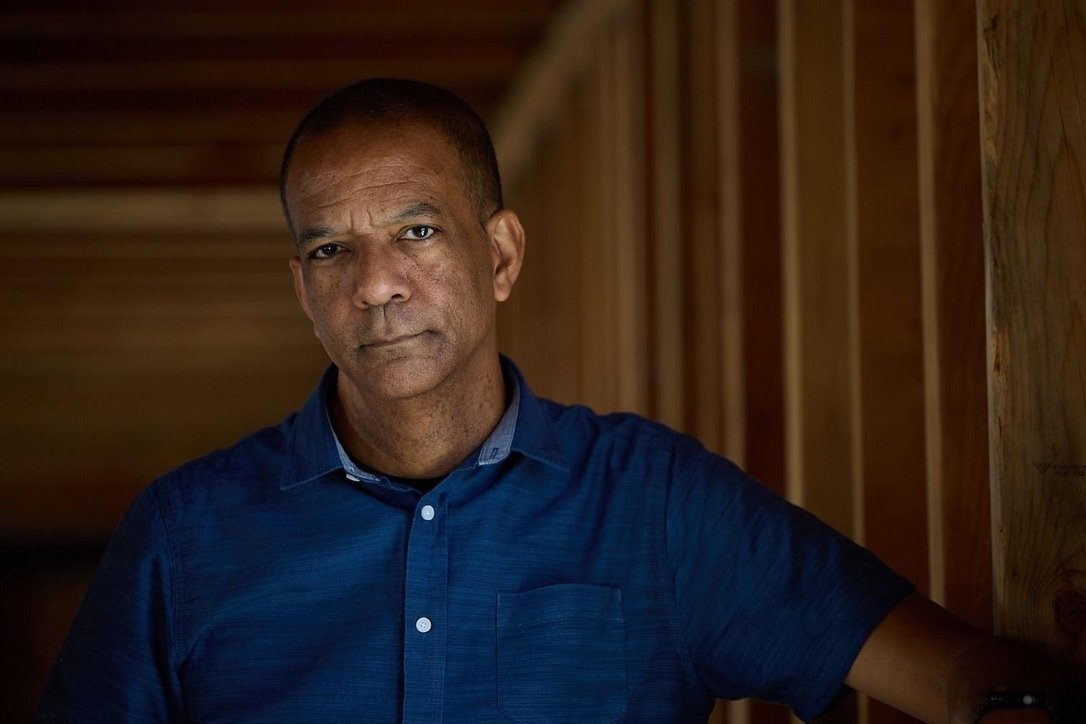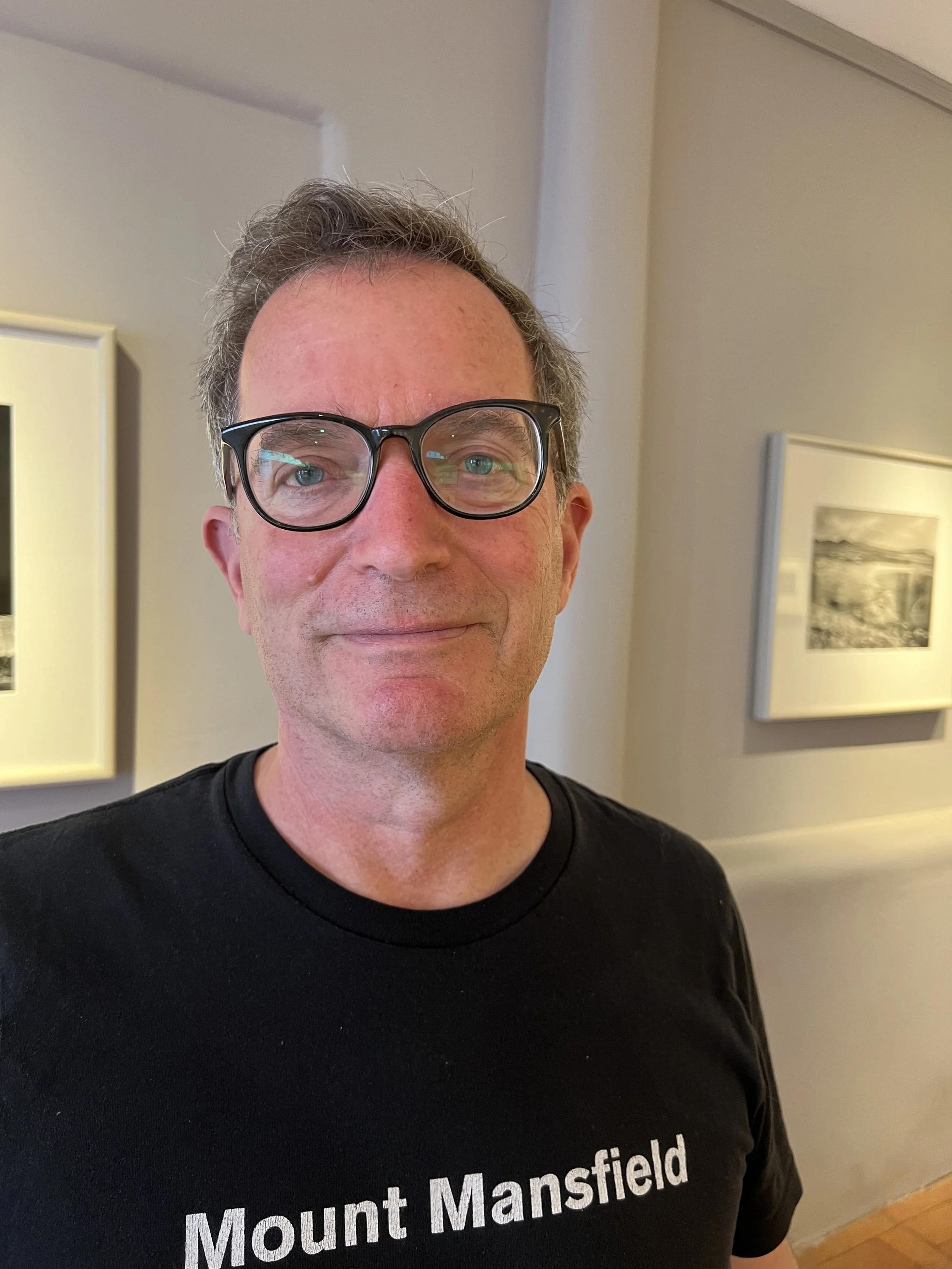Cinematographer, Screenwriter, and Filmmaker Eric Dyson Talks About How Shooting Influences Writing
Stowe Alumni Interview by David Rocchio
David Rocchio (DR): It was a pleasure to work with you at the Santa Fe Writers’ Retreat in New Mexico. I enjoyed talking to you there about your work as a cinematographer. Can you talk a bit about what you can bring to story through the craft of shooting the film?
Eric Dyson’s One-Hour Documentary about his Church in Pasadena
Eric Dyson (ED): As a cinematographer, my first job is to provide visual cues that directly support the script. Cues that help the audience understand mood and purpose. The visual emotion works much like the musical emotion a composer might provide.
DR: How has shooting influenced how you write?
ED: When I’m writing, I can visualize the cinematic tone of a scene. It’s difficult, for me, to remove the cinematographer hat. But it’s very important to provide just enough information for a non cinematographer to feel what I imagine the scene will look like. I may have a mental shot list of how I think the scene will progress but that doesn’t mean I’m including it in my scene description. In my mind I may imagine a scene is photographed with a 200mm lens from across crowded courtyard. But as the writer, I have to figure out a way to express that in “normal people” terms.
DR: You are also a documentarian. Can you tell us a bit about Building on Faith: The First 150 Years, the doc you recently completed? We were so excited about the premiere for your documentary during the retreat. How and when can we watch it?
ED: I attend one of the oldest churches in Pasadena. First United Methodist of Pasadena was founded in 1875. Even before the city was an official city, our church was there. In fact, three of the founding families of the church also signed the founding document of the city. About a year ago we started planning for our 150th anniversary. Most people in the church know that I work in TV/Film. I was asked to put ‘a few videos’ together that tell the story of the church. We have an extensive (and very unorganized) archive. Nothing like this has been done before at our church. It quickly became apparent that this was more than a few videos. With the help of several architectural and city historians, the project blossomed into an hour long film. I was very proud to have it screened at the churches sesquicentennial event. As well as an event hosted by the Pasadena Heritage group.
Building On Faith. The First 150 years is viewable at this link: https://youtu.be/1jmaLH5ls3Q?si=onNhnGLqNvK4BDCM
Eric Dyson on the set for BABY STEPS
DR: At the Santa Fe Retreat, you workshopped BABY STEPS, your feature script about Kenny. After his father's suicide, Kenny spends most of his teen and adult years gravitating toward what he feels will be the same fate. The project started as a short. How did the short influence the feature length version?
ED: The short film BABY STEPS had a great festival run. It won many awards in a lot of categories. But it was really the response from the audience that encouraged me to create a feature length version.
This story is not a race specific story. But it was important to shine a light on a viewpoint not often expressed. There tends to be a stigma around Black men and mental health and generational trauma issues. I would really like to help normalize those conversations.
DR: Have you worked on the story since the retreat? If so, what steps have you taken? Any takeaways from the experience at the Retreat you'd like to share?
Eric Dyson mentored by Ellie Foumbi at the 2024 Santa Fe Writers’ Retreat
ED: I have been working on a major rewrite. My goal was to have it complete by the end of the year. Happy to say I’ve met that goal. I’m now working with a writer mentor to tighten it up further. For me, the retreat was an excellent opportunity to tune out all the issues at home that keep me unfocused when it comes to writing. Being in Santa Fe with a specific purpose for a specific project was awesome. Writing is such a profound and strangely ambiguous art form. You go from genius to hack in the same breath. It can really be a roller coaster. The Santa Fe retreat allowed me to concentrate, focus and find a handful of those “I got it” moments. The moments that wake up your characters and give them purpose.
DR: I am so glad it was a good experience. We certainly loved you being there. What’s next for you and what are some writing goals you hope to accomplish?
ED: In the new year, I’d really like to put on blinders and stay focused. I don’t know how I’ll do it, but 2025 is the year to produce and direct the feature version of BABY STEPS. Production in TV & Film is in such a flipped over and backwards state. I really feel like there are opportunities to be taken advantage of. But any worthwhile endeavor always starts with great written material.
Eric Dyson
Eric Dyson
Born and raised in Los Angeles Eric has been immersed in film and TV his entire life. Eric graduated with a degree in Film from Brooks Institute of photography. While in college, Eric also worked in the world of musical theater. After graduating, one of his first jobs was with Steven Spielberg‘s Amblin Entertainment. This opportunity exposed him to one of hollywood‘s most iconic filmmakers.
After leaving Amblin Entertainment, Eric became a member of the International Cinematographer’s guild. He began focusing on a writing and directing journey about 8 years ago.
Interview by David Rocchio, Stowe Founder & Director
David Rocchio
David Rocchio is an attorney, writer, and Emmy-nominated filmmaker. David conceived and co-produced with James Rogan The Gun Shop, an Emmy-nominated one-hour documentary commissioned by the UK Channel 4’s Cutting Edge series, where it premiered prime time and was awarded top reviews. It then played worldwide. David’s award-winning short films have played internationally, including the Cannes Short Film Corner and Italy’s Capalbio International Short Film Festival (Best of Capalbio). His most recent short film Gary, Jr. was produced and directed by Bertha Bay Sa Pan.
In addition to creating his own work, David founded and runs the nonprofit Stowe Story Labs, which is dedicated to helping top emerging screenwriters and filmmakers get work made and seen. Now in its twelfth year, Stowe works with approximately 200 emerging talents annually at labs, retreats, workshops, advanced development programs, mentoring programs, and film production programs.
David’s last job as a lawyer was as Legal Counsel to Vermont’s then-Governor Howard Dean. He was a nationally certified EMT and member of the Mt. Mansfield Ski Patrol (Stowe, Vermont) for 22 years, and he remains an avid backcountry skier. David lives in Stowe.





